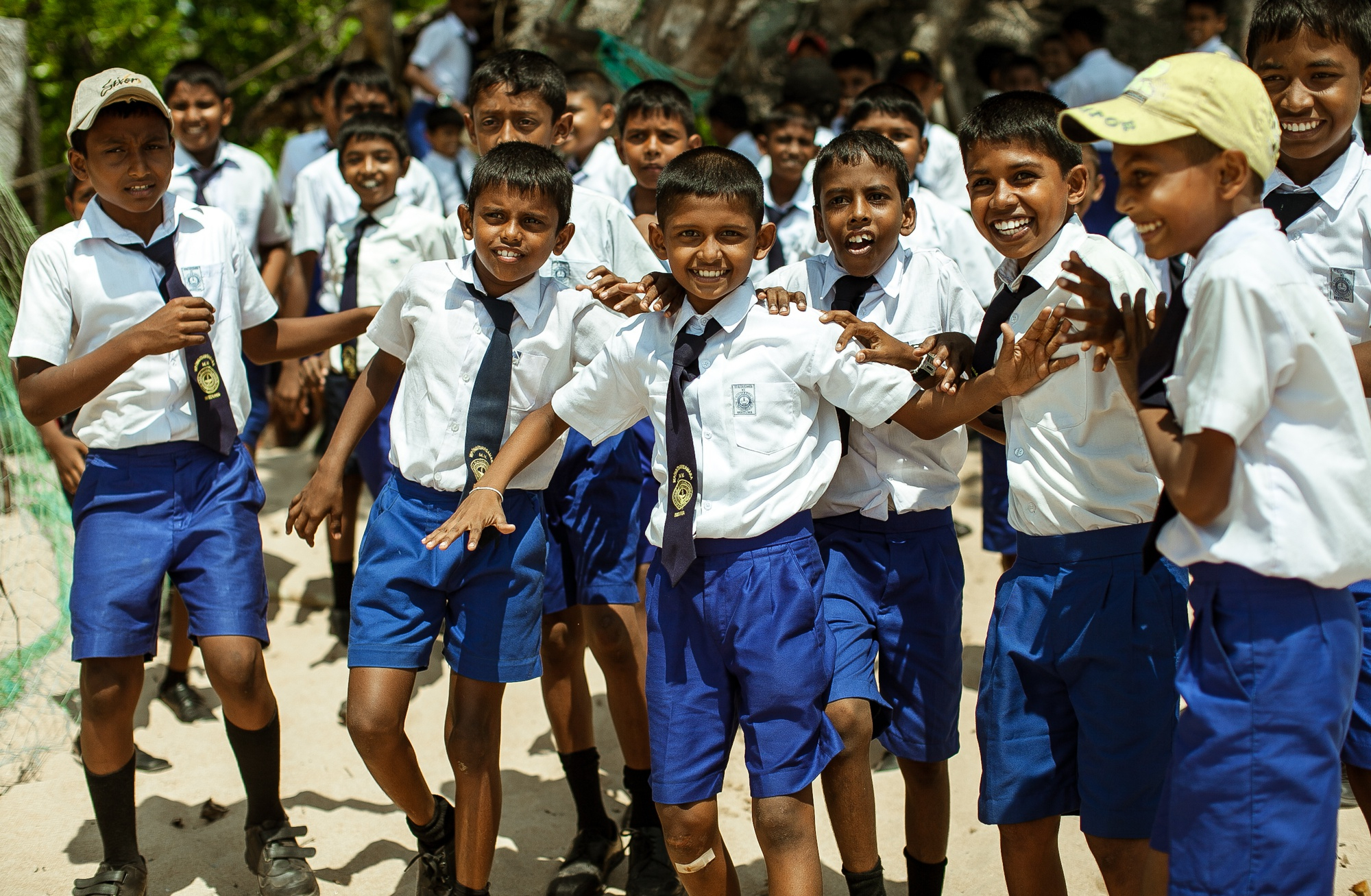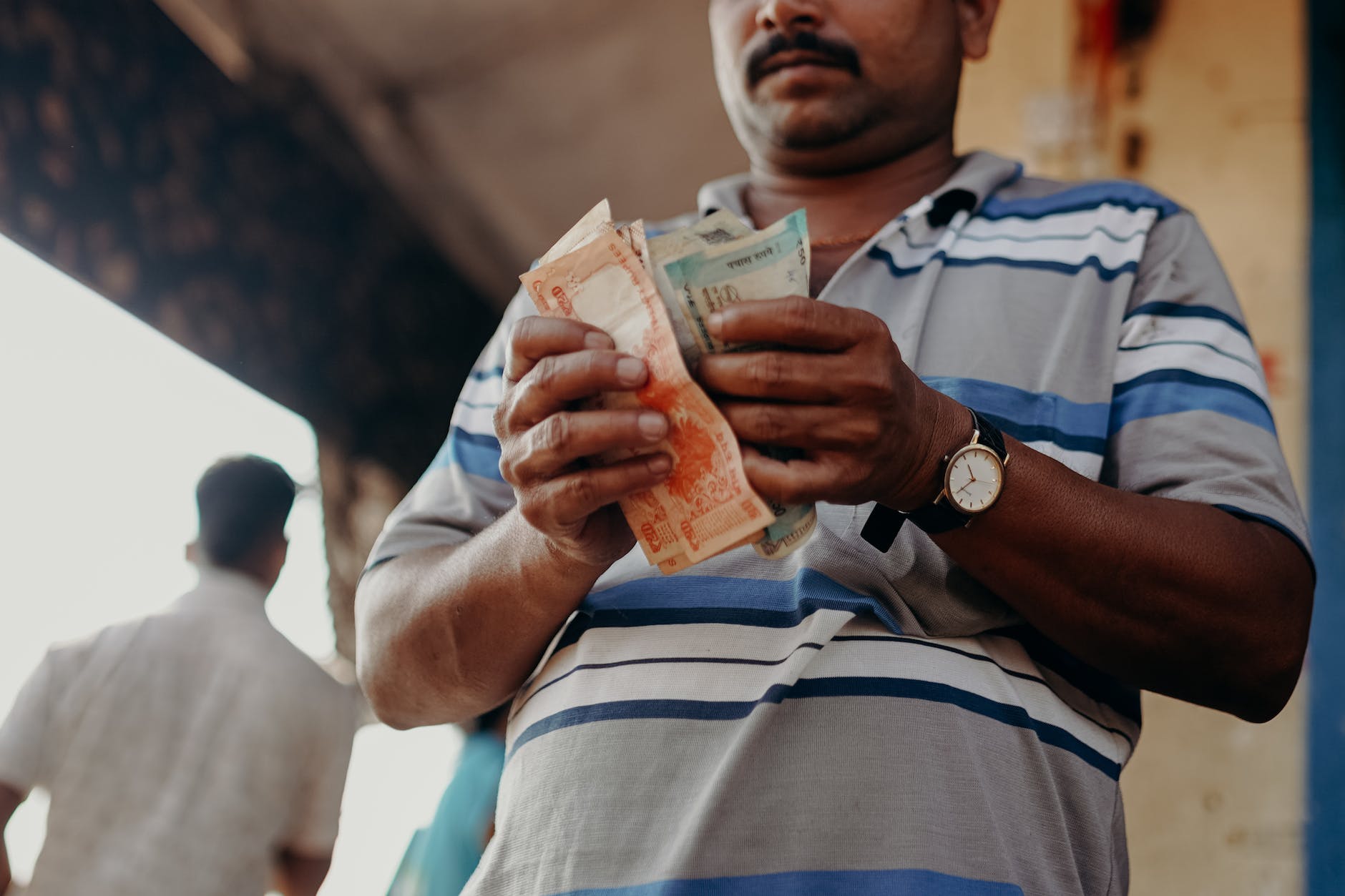This article dives into some of these challenges faced by non-governmental organisations (NGOs) in India and explores potential solutions for overcoming them.
India is known all over the world as a land of diversity, culture and spirituality, but amidst its vibrant tapestry lies a harsh reality that cannot be ignored. The vast majority of India’s population lives in poverty and struggles to access basic necessities such as food, education and healthcare. In this context, non-governmental organisations (NGOs) play a crucial role in providing aid and support to those who are most marginalised in society. However, despite their noble intentions and tireless efforts, NGOs in India face several key challenges that hinder their ability to bring about lasting change.
Continue reading “Key Challenges Faced by Non-Governmental Organisations in India”









